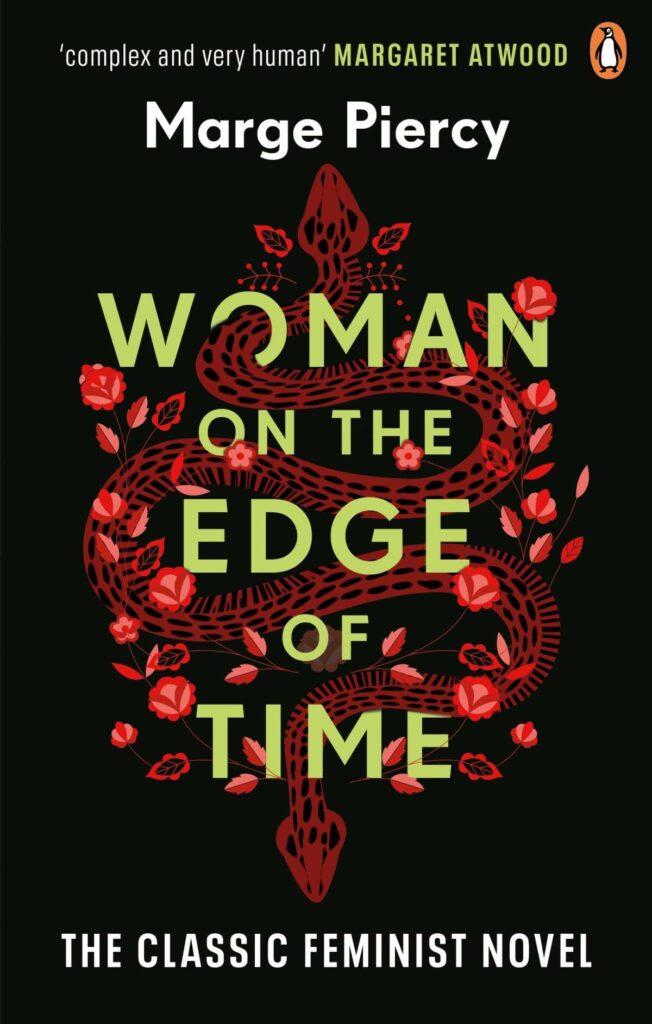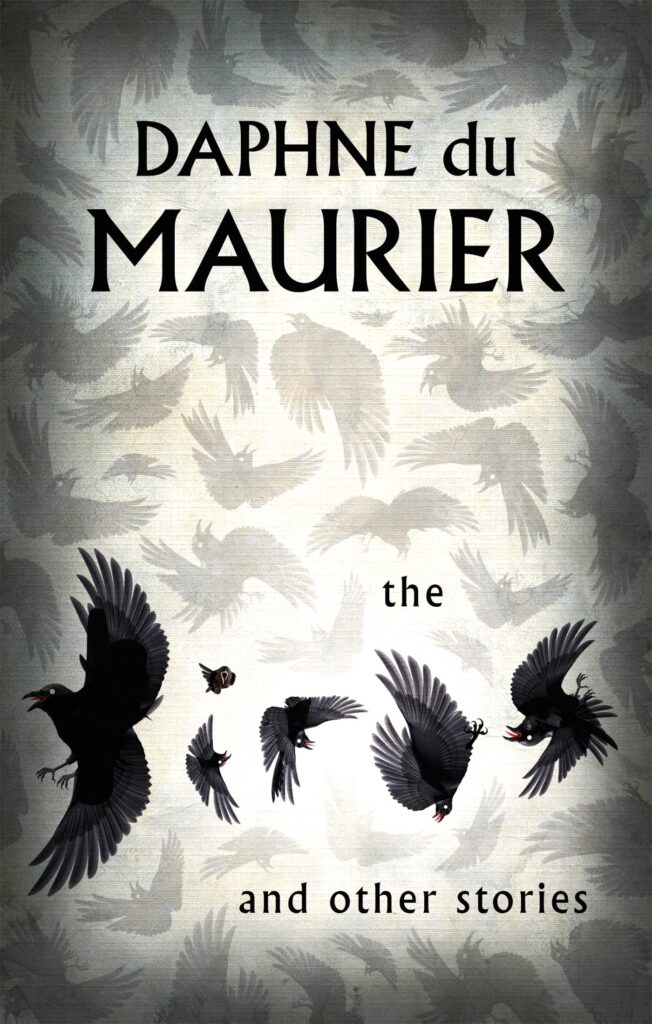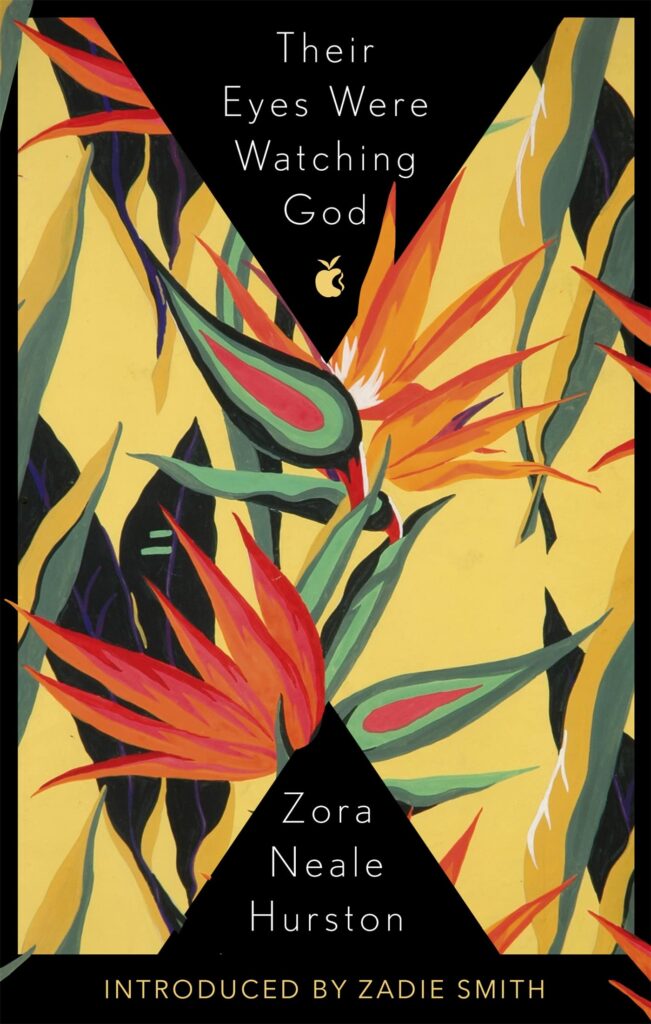This week Vick Hope takes a tour around the bookshelves of writer, academic and broadcaster Emma Dabiri. Emma’s first book, an essay collection called Don’t Touch My Hair, explores the way that colonisation, oppression and, ultimately, liberation are all expressed in Black women’s hair – and it gained critical acclaim from *just about everyone*. She followed this up with the bestselling longform essay What White People Can Do Next: From Allyship to Coalition.
But how has fiction shaped the ideas at the heart of Emma’s writing? Here Emma shares her love of ghost stories and folklore, and recalls the different ways she experienced representation in books as a child growing up between Ireland and Atlanta. Keep on scrolling to find out Emma Dabiri’s 5 Bookshelfie choices, and listen to the conversation in full here.

‘Taking from the past to create more radical futures is an idea that’s very pronounced in this book … The future that [the protagonist] travels to is one that is based on these pre-colonial types of communal living, but it’s also really technologically advanced … That vision was influential to me at a young age.’

‘It’s such a sublimely written book. And it’s such an important modernist text. It’s also uncanny that it was written 100 years ago … It taps into so many themes and conversations that are still so deeply pertinent today.’

‘There’s that mix of mythology and history, the past and the future and time; these are all themes I’ve been drawn to as a reader, and also really reflect the way I write as well.’

‘Growing up in Ireland, this idea of the division between the seen and the unseen, the magical and the ordinary, it’s not as clear, it’s like they coexist … [Daphne du Maurier] is a master creator of these eerie, uncanny, odd worlds.’

‘I don’t read a lot of romance novels … but I was bawling crying at the end of it … This writing about love is so powerful and so poetic and expansive and beautiful.’








